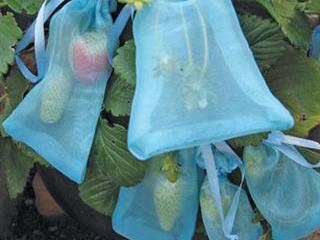In a ruling that could have major legal implications for farmers throughout South Africa, the Land Claims Court has ruled that officials have no right to expand a land claim to include properties not listed in an original claim form.
This could prove a test case for hundreds of disputed land claims, including prominent cases such as Magoebaskloof and Hoedspruit in Limpopo, and Tenbosch in Mpumalanga, where landowners allege gazetted claims have included numerous properties not listed on claim forms. Officials have defended the practice in the past, arguing claimants did not usually list full farm names or use names appearing on title deeds.
The Land Claims Commission was therefore obliged to use oral evidence and site inspections to help communities articulate claims, and was obliged by a prior court ruling to gazette all arguable cases. In a ruling handed down on 8 December the court found Mpumalanga Land Claims Commission officials had overstepped the mark in tampering with information supplied on a claim form for Kopje farm near Barberton.
The claim form states Nkosi lodged a claim on behalf of the Nkosi family on Portion D (now called Portion 4) of Daisy Kopje 643 JT. The commission, however, gazetted all 12 portions of Daisy Kopje on behalf of the Kopje community. The commission later argued this was done following investigations that found the claimant family had been scattered beyond portion and enjoyed land use rights such as wood and herb collection on the rest of the farm.
The court found the commission’s report did not support this conclusion. It also ruled that even if the information was correct, it did not follow that the family had a claim on the other portions of the farm because no claim had been lodged on them. The ruling could therefore become a powerful precedent for landowners contesting claims on the grounds that their properties were not listed on claim forms. The court further found the commission had no power to substitute the original claimant, the Nkosi family, “by a different claimant which also includes other families”.
The court declined to refer the case back to the Mpumalanga land claims commissioner because “he had been so inept in arriving at his previous conclusion” it would be unfair to expect the applicants “to submit to his jurisdiction again”. The commission was ordered to pay costs, withdraw claims on the disputed portions of Daisy Kopje and gazette a new notice that Nkosi Rainslee claimed Portion 4 on behalf of the Nkosi family. Agri SA’s legal adviser, Annelize Crosby, welcomed the ruling for bringing clarity to an uncertain process. “This decision seems to indicate that the claim form is a very important document, and that the information contained in the claim form is not to be deviated from lightly.” It is unclear if the commission intends to appeal the ruling. – Stephan Hofstätter









